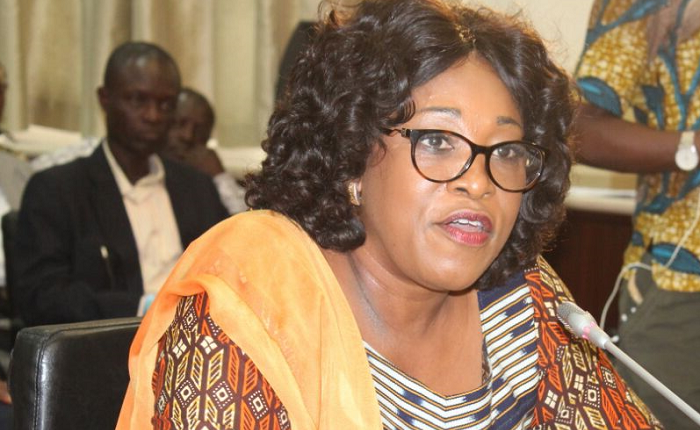Ghana to issue E-visa by the end of the year
Ghana has chalked another success with digitisation with the introduction of the Electronic Visa (E-Visa), scheduled to begin by the end of 2022.
This was made known by the Minister of Foreign Affairs and Regional Integration, Shirley Ayorkor Botchway and indicated that the country had taken delivery of an advanced E-Visa system to be installed at the airport and the Ghana Immigration Service Data Centers to modernise visa application and issuance of E-visas.
The project, which is at the final stage, involves installing the necessary equipment which will read the data of applicants from all over the world into a database to help the Ghana Immigration Service accept or deny visas from the source.
“The new system will have all your relevant data just like the visas you get when you apply to the UK or the US. That’s what we’re starting with. We need to be able to get a good database of the people who come here. Our systems in our missions abroad and immigration in Ghana need to be synchronised to prevent people from faking our visas,” She said at the Site Acceptance Test (SAT) launch.
The new system is expected to enhance the security features of Ghana’s visa regime.
“The current visa stickers we use are handwritten, and it’s a major problem for us where some people are even able to fake our visas, and it’s difficult for us to detect. This will be a thing of the past,” she noted.
Ghana, in February 2020, signed a Technical Support Agreement with OFS and TGN Digital Security Limited for the supply of machine-readable visa stickers and the deployment of an E-visa hardware personalisation system for the installation of the system.
The installation of the new E-visa system is consistent with current best practices towards the enhancement of greater efficiency, data security, accountability of consular revenues and the protection of national security.
The minister laid out the missions and countries to start issuing the E-visas to applicants upon their installation in Ghana.
“Upon successful completion of the installation of the equipment in Ghana and its subsequent testing, Ghana’s missions in London, UK and Berlin, Germany will be the first to start issuing the e-visas to applicants coming to Ghana”.
“After the trial period, this will be rolled out to all of Ghana’s missions globally. When we have a good database of people who are frequent visitors, the decision will be made on when to start issuing electronic visas,” she explained.
Malawi, Benin, Nigeria, Botswana, Ethiopia, Morocco, Djibouti, Ivory Coast, Gabon, Guinea and Madagascar are some countries implementing the E-visa system.


